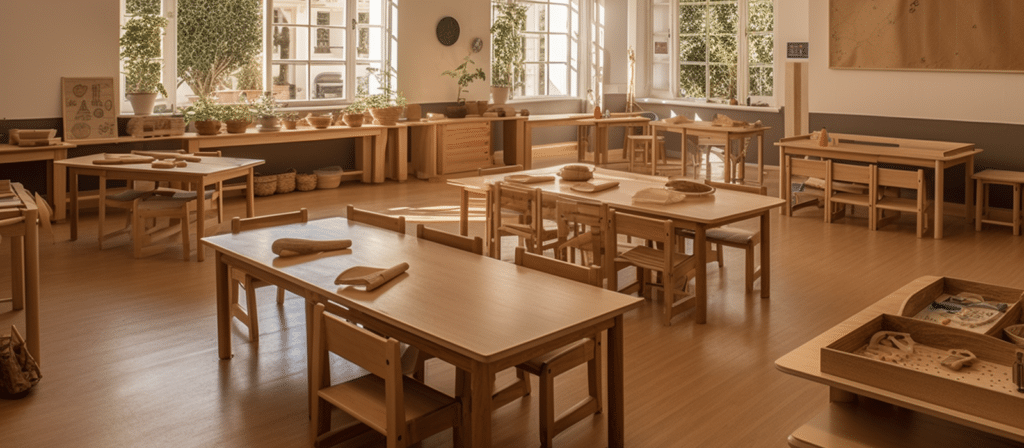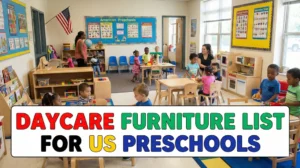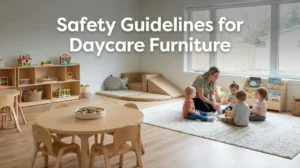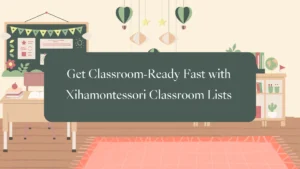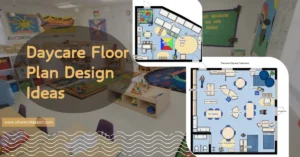Are you considering creating a preschool classroom right in the comfort of your own home? Join us on a journey as we unravel the secrets to designing an engaging and educational preschool environment for your child. Discover how to transform your space into a hub of early learning and fun!
Setting up a Preschool Classroom at Home involves careful planning, creativity, and a commitment to providing your child with a rich and stimulating learning experience. By following these steps, you can create a preschool environment that fosters growth, development, and a love for learning.
Setting up a preschool classroom at home may seem like a daunting task, but with a little planning and creativity, it can be a fun and rewarding experience. The first step is to designate a specific area in your home that will serve as the classroom. It could be a spare room, a corner of the living room, or even a section of a playroom. The key is to create a distinct space that is dedicated solely to learning and exploration.
Once you have chosen the location, it’s time to think about the layout of the classroom. Consider the different learning areas that you want to include, such as a reading corner, an art station, a pretend play area, and a sensory table. Arrange the furniture and materials in a way that encourages independent exploration and fosters a sense of curiosity.
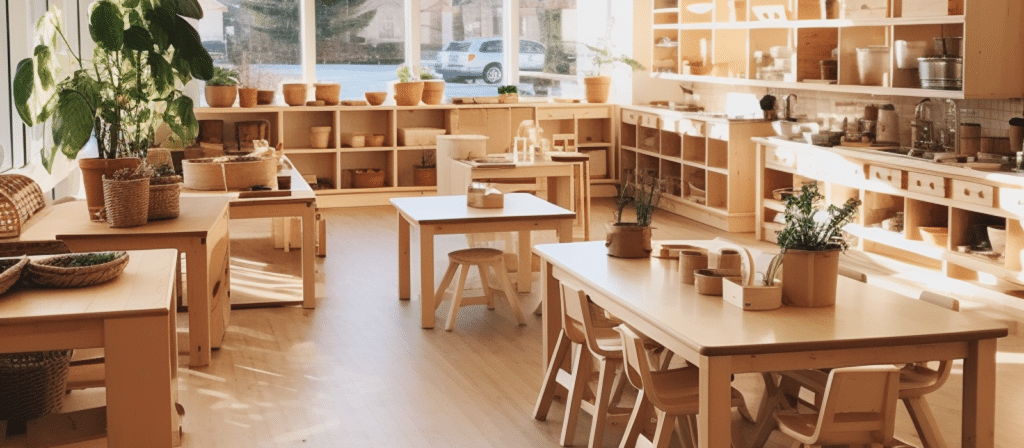
Furniture and Layout
Investing in child-sized furniture is essential for creating a preschool-like atmosphere. Look for small tables and chairs that are comfortable and sturdy. Consider adding shelves or cubbies for organizing materials and supplies. Arrange the furniture in a way that encourages collaboration and easy access to learning materials.
Learning Materials
The next step is to gather the necessary learning materials. Consider including a variety of age-appropriate toys, puzzles, and games that promote cognitive development and fine motor skills. Art supplies, such as crayons, markers, paints, and paper, are also essential for fostering creativity. Don’t forget to include books, both fiction and non-fiction, to encourage early literacy skills.
Daily Schedule
Establishing a daily schedule is crucial for creating a sense of structure and routine. Young children thrive on predictability, so having a consistent schedule will help them feel secure and engaged. Plan a mix of activities that include circle time, storytime, arts and crafts, free play, and outdoor time. Be sure to include breaks for snacks and meals as well.
Setting Boundaries
Just like in a traditional preschool classroom, it is important to set boundaries at home. Establish rules and expectations for behavior, such as taking turns, using gentle hands, and cleaning up after playtime. Reinforce positive behavior by praising and rewarding your child when they follow the rules.
Parent Involvement
As a parent, your involvement in your child’s preschool experience is crucial. Take an active role in their learning by participating in activities, reading together, and providing guidance when needed. Use this opportunity to bond with your child and create lasting memories.
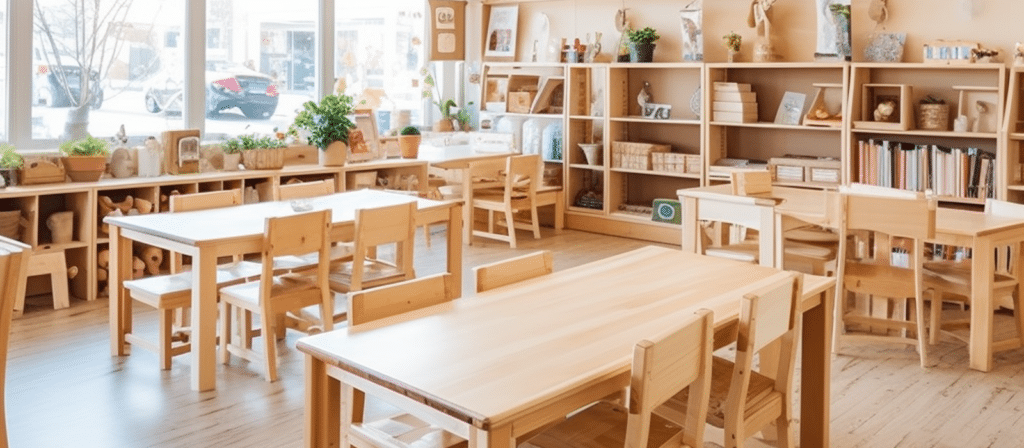
Creating a Learning Corner
To further enhance the preschool atmosphere, consider creating a designated learning corner within your home. This can be a cozy reading nook with a comfortable chair and bookshelves, or a small area with a table and chairs for hands-on learning activities. Personalize the space with your child’s artwork and creations to make it feel special.
Virtual Learning Resources
In today’s digital age, there are numerous virtual learning resources available for preschoolers. Utilize online platforms and websites that offer educational games, interactive lessons, and virtual field trips. These resources can complement your at-home preschool classroom and provide additional learning opportunities for your child.
Outdoor Learning
Don’t forget the importance of outdoor learning experiences. Take advantage of your backyard or local parks to incorporate nature-based activities into your preschool curriculum. Set up a sensory table with sand, water, or natural materials for hands-on exploration. Take nature walks and encourage your child to observe and discuss their surroundings.
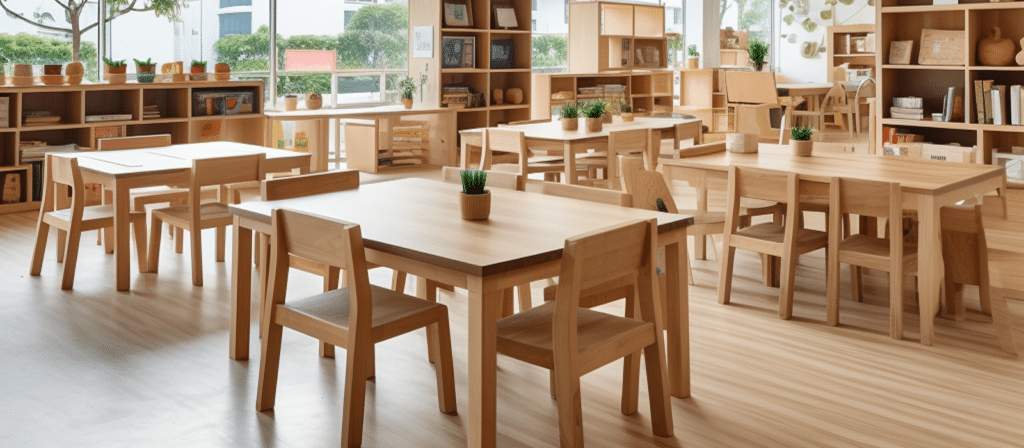
How can I create a routine for my home preschool?
Establishing a routine is essential for a successful home preschool experience. Children thrive on structure and predictability, so having a consistent daily schedule can help them feel secure and engaged. Start by setting a regular time for your preschool sessions, whether it’s in the morning or afternoon. Plan a balance of activities, including circle time, free play, art projects, outdoor play, and snack time. Be sure to allow for breaks and transitions between activities to keep the energy level manageable.
How do I manage behavior in a home preschool setting?
Managing behavior in a home preschool setting requires a combination of consistency, clear expectations, and positive reinforcement. Set clear rules and boundaries from the beginning and explain them to your child in a way they can understand. Use positive reinforcement techniques such as praise and rewards to encourage good behavior. It’s also important to model appropriate behavior and provide guidance and redirection when needed.
What about socialization in a home preschool?
While home preschool may not offer the same level of socialization as a traditional preschool setting, there are still plenty of opportunities for your child to interact with others. Consider organizing playdates with other children in your neighborhood or joining local homeschooling groups. You can also take advantage of community resources such as libraries, museums, and parks that offer programs specifically designed for young children.
Conclusion
Creating a preschool classroom at home can be a rewarding and enriching experience for both you and your child. By setting up a dedicated space, choosing the right furniture and materials, establishing a routine, and providing opportunities for socialization, you can create an environment that fosters learning and growth. Remember to be flexible and have fun along the way. Happy homeschooling!

